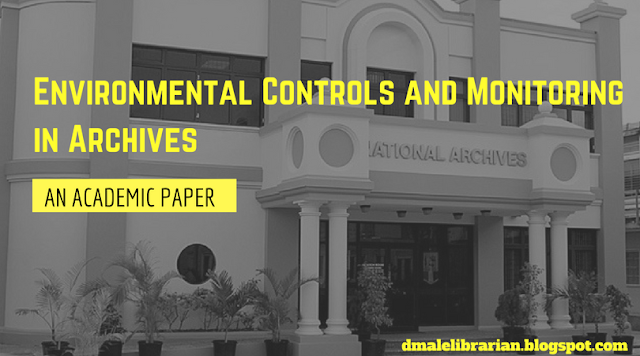Librarian musings: Public Libraries and the Youth in Trinidad and Tobago
Recently, former professional basketball player Kibwe John conducted a promotional launch of his first publication "From Nerd To Pro" at the Arima Public Library. Though the program was open to members of the public, we specifically sought to invite secondary school students from Arima and environs on the request our guest. Despite the low turnout, an enjoyable and engaging program was had. After giving the opening remarks, I welcomed Aisha Trim, the author's sister, to present a biography on her brother. Kibwe then set about motivating the audience by reliving his experiences, trials, and challenges on his journey towards becoming a professional basketball player.
Here are three (3) personal thoughts which emerged from the afternoon's
proceedings:
- ENGAGING THE YOUTH: Any institution aiming for relevance and continuity in society must engage the youth. However, despite much talk of making libraries relevant in our society, teenagers are often overlooked as it pertains to programming in many libraries. Admittedly, at times I have even heard library staff speak of being intimidated by them. However, library workers must find creative ways of engaging teens by tapping into their interests and insecurities, speaking their language, and showing them that the library is a worthwhile place to be.
- GIVING BACK: To whom much is given, much is expected. and Kibwe Trim has surely espoused this belief. Kibwe Trim stated that his book was simply an extension of the philanthropic mandate of his DreamChaser International Foundation, where children in underserved communities are provided with tutoring and scholarships; it was by no means a profit-based initiative but rather a form of mentoring and inspiring others. One attendee even remarked that she wished her son was present. Describing some of the challenges her son faced in not having a stable male figure in his life, she saw the library as a space where he could see other males studying and engaging in constructive activities in contrast to his usual encounters. Far too often, a library's social impact is understated and library staff and administrators do not fully realize its true potential. Additionally, there needs to be better documentation and the creation of formula where social impact can be measured, both qualitatively and quantitatively. There are no limits to the roles the library can play in this regard as a facilitator for these initiatives.
- SECONDARY SCHOOL AND PUBLIC LIBRARY PARTNERSHIPS:Public Libraries and School libraries are not mutually exclusive entities – Public Libraries play a crucial role in developing the literacy skills of students and proving additional support to public school teachers and school libraries themselves. In many instances, public libraries provide information services to students who may not be able to access it at their school libraries. A number of public libraries provide literacy classes to students who are below the required level. One such program is ALTA’s Youth Lit program, which provides effective literacy instructions to school students aged 16 and under whose literacy needs are not being addressed. Some may stress that their needs to be a clear line of demarcation with regards to the services offered by public and school libraries. However, the two institutions can never be mutually exclusive. Rather than distinguish, a spirit of collaboration needs to be identified as an avenue worth exploiting. Libraries and secondary schools in Trinidad and Tobago already have a history of partnering for various activities. However, there is room for improvement. Again, public libraries are perfectly positioned to be neutral spaces where schools can engage each other.




Comments